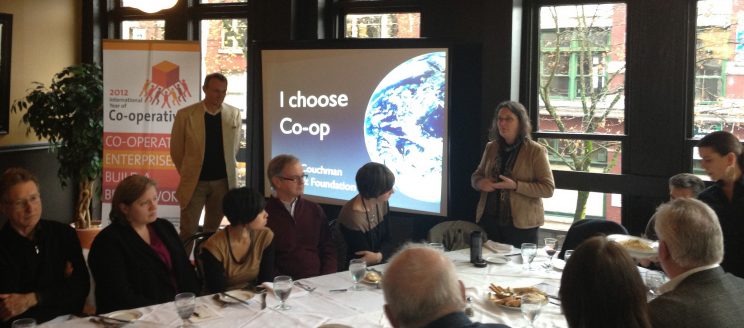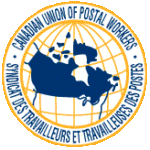Cultivating community: three-day co-op management course in Nelson
Co-ops can form a more sustainable alternative to “business as usual.” They’re democratic and egalitarian. They don’t depend on the mythical, and massively disproven, idea of “trickle-down economics.” They make positive contributions to their communities and operate on a set of co-operative principles.
An interactive, intensive three-day professional development course on co-operative managementwill be held in Nelson, May 15 to 17 inclusive. The course, titled “Enhancing Business Performance Through Co-op Management Practices,” will provide examples of how to translate knowledge into action – how to strengthen identity, loyalty and participation.
Brought to the Kootenays by co-operation among the Upper Columbia Co-op Council (UCCC), Sobey School of Business and Saint Mary’s University, this course will also be offered in November in Massachusetts, USA; and in December in Manchester, UK; and next year, in May, 2019, in Winnipeg, Manitoba. This is an unusual opportunity for co-op leaders in the Kootenays and the rest of the Pacific North-West to take advantage of a course usually offered only in larger centres.
The press release announcing the course declares that program participants “will dig into case studies that help illuminate major issues and opportunities for co-operatives and explore how an alternative, values-based business model and be a successful alternative to traditional business structures, and offer great benefit to the community.”
The course will be led by Dr. Daniel Côté and supported by co-operative economist Dr. Sonja Novkovic. Co-op CEOs, senior managers, board members and keen staff members are all encouraged to attend.
Why go to a co-op management course? How is it different from what’s offered in, say, an MBA program? MBA programs are tailored to the capitalist model and are designed to further the drivers of capitalism, not the values that drive the co-operative business model. Yet, co-ops risk losing some of their co-operative advantage when they seek out leaders and managers who are experienced in only the traditional corporate model, have limited their vision by adopting the MBA teachings and rejecting co-operative business education.
The course is not cheap, but the $1,500 (CDN) cost includes light refreshments in the mornings, health breaks, and lunches, as well as a group social at a local restaurant, with appetizers and drinks included. Some course subsidies are available on the basis of financial need.
The venue will be 266 Baker Street – that’s the UBC West Kootenay Teacher Education Program headquarters, and unfortunately it is not wheel-chair accessible.
A Co-op incubation program?
As part of its rural development mandate, the government of British Columbia is providing over $103,000 for cultural, social and infrastructure projects in the Kootenay region, including a $9,955 grant to the UCCC to investigate the financial, market and operational viability of a regional co-operative / social venture incubation program in the Nelson area.
For more information on the UCCC, visit www.uccc.coop
For a timely and informative item on some worker co-ops in Vancouver, read this article in the Tyee.



























Comments